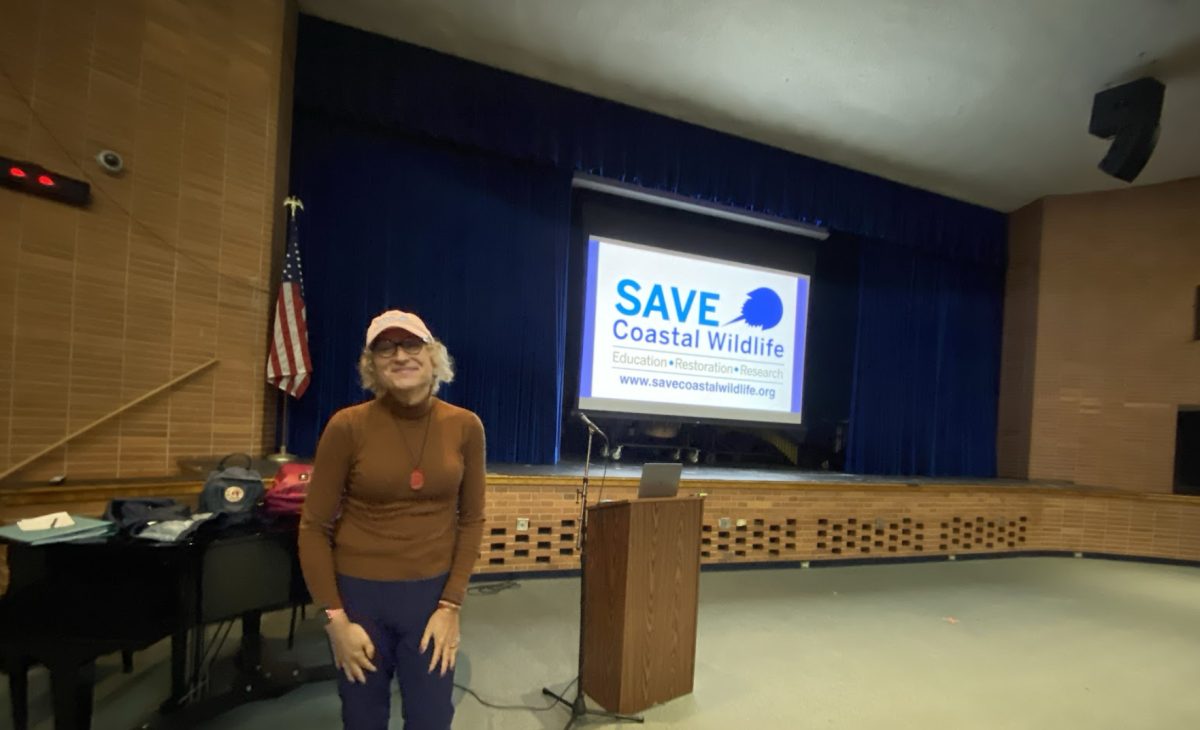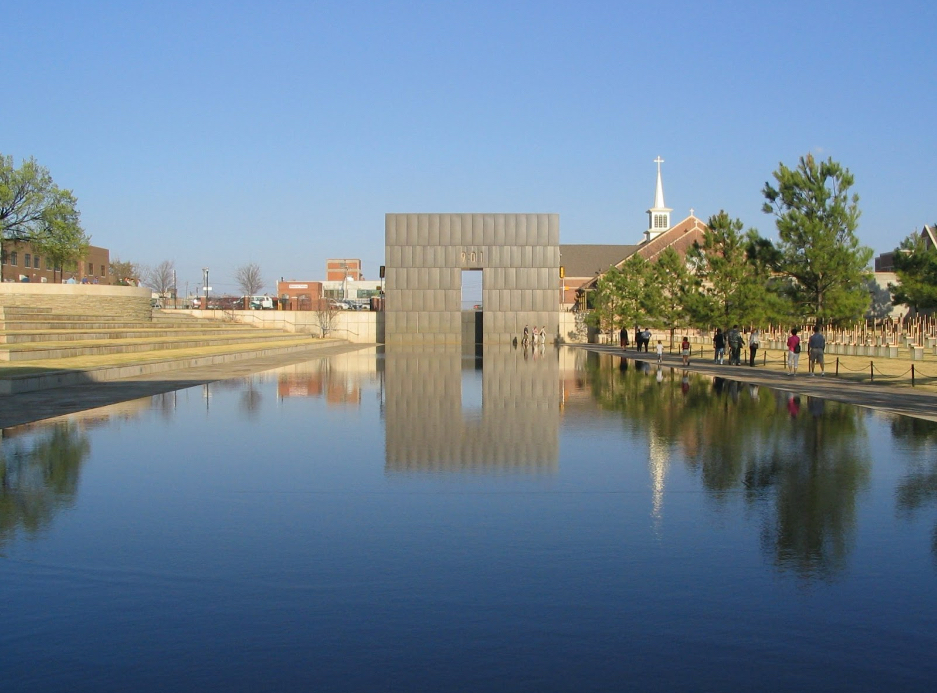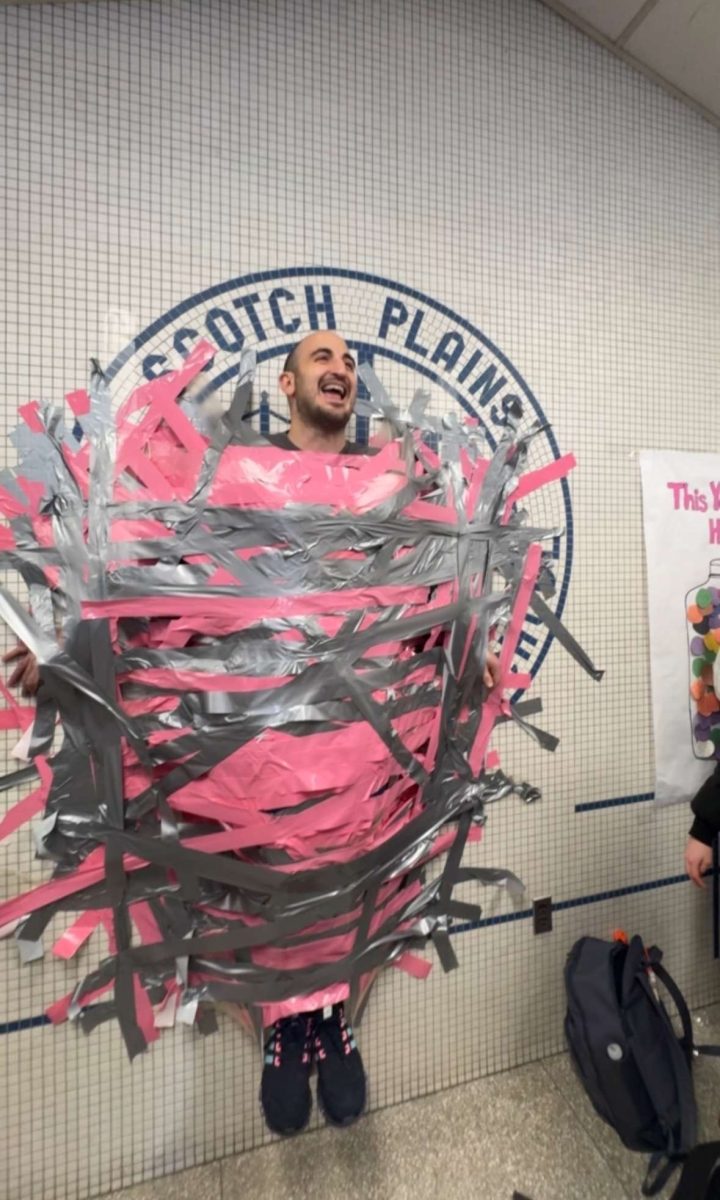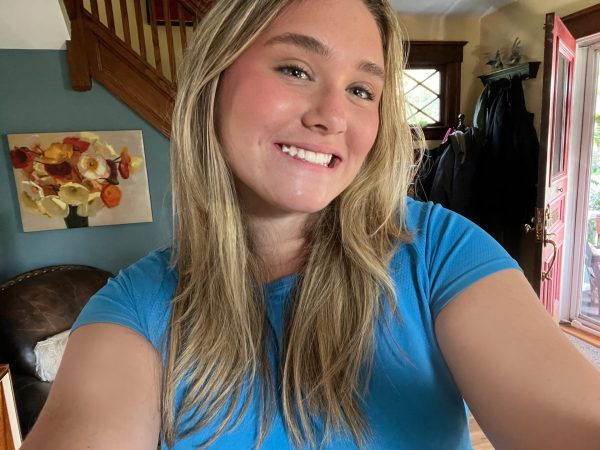On Friday, Oct. 25th, students settled in the auditorium to listen to the Environmental Club’s latest guest speaker, Jenna Reynolds. Reynolds, the President and Director of Save Coastal Wildlife spoke to environmental students and enthusiasts about the importance of marine habitats and how human activity has harmed them.
Save Coastal Wildlife is a preservation organization based out of the Atlantic Highlands that has been dedicated to educating people about coastal wildlife and the importance of protecting the ocean and estuaries since 2018.
“[Save Coastal Wildlife] does everything from fish surveys to beach cleanups and micro-plastic removal,” Zachary Rittner said, an SPFHS Environmental Science teacher and advisor of the Environmental Science club.
Although being one of many nonprofits on the Jersey Shore, Save Coastal Wildlife is solely dedicated to giving a voice to wildlife–especially coastal wildlife like whales, dolphins, seals, horseshoe crabs and migratory birds.
Reynold’s goal is to share information about the damage to wildlife that is frequently overlooked or not spoken about at all.
“When it comes to talking about microplastics, very few people talk about loss of habitat, especially along the Jersey Shore,” Reynolds said.
Reynolds shared that often the autopsy of whales and other marine life found beached contain microplastics in their stomachs —most likely the cause of death. She explained how bits of plastic are in most animals, and considering human consumption of meat, are in human bodies as well.
Reynolds also addressed recent misinformation, specifically rumors of offshore wind turbines killing whales.
“That’s simply not true. The fossil fuel industry has been pushing this myth, but in reality, it’s ship strikes, not wind turbines, that are harming our whale populations,” Reynolds said.
While the fossil fuel industry has caused ship collisions with whales, it’s also a major contributor to global warming, a topic Reynolds feels very strongly about.
“Species are moving northward, following warmer temperatures”, Reynolds said, “ [Save Coastal Wildlife] has found fish along the Jersey Shore that traditionally belong much farther south.”
Reynolds expressed her worries about the clear signs that climate change isn’t a problem looming in the future, it’s standing right in front of us; affecting our seas, wildlife and way of living.
A nonprofit that runs on volunteers, Reynolds highlighted Save Coastal Wildlife volunteer programs, including beach cleanups and seal surveying.
“We need people of all ages to help. You can be a pixel in a bigger picture of environmental conservation. Every little bit makes the difference,” Reynolds said.
Creating a healthier, safer shoreline for generations to come cannot be done without volunteers taking a stand and getting involved.
For students interested in making a difference, a donation page and volunteer sign-ups can be found on their official website at savecoastalwildlife.org.















